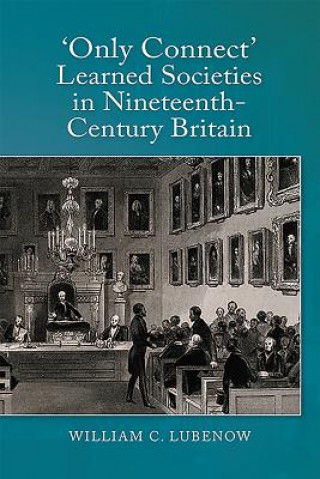
Code: 09244590
Only Connect: Learned Societies in Nineteenth-Century Britain
by William .C. Lubenow
In the early modern period the subject of knowledge was dogma. Early modern knowledge was often tied to confessional tests and state-building. One road to modernity could be read as escape from institutional and confessional restr ... more
- Language:
 English
English - Binding: Hardback
- Number of pages: 325
Publisher: Boydell & Brewer Ltd, 2015
- More about this

147.80 €

Low in stock at our supplier
Shipping in 13 - 16 days
Potřebujete více kusů?Máte-li zájem o více kusů, prověřte, prosím, nejprve dostupnost titulu na naši zákaznické podpoře.
Add to wishlist
You might also like
-

Jazzy Christmas
32.64 € -
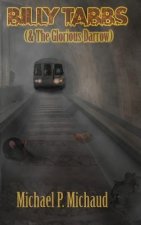
Billy Tabbs (& the Glorious Darrow)
22.56 € -12 % -

Fragile Gift of Love
16.72 € -2 % -

Poemas del Alma
32.13 € -
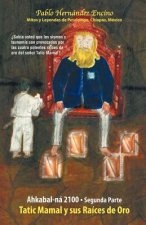
Ahkabal-N 2100. Segunda Parte
16.31 € -
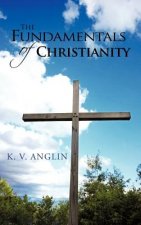
Fundamentals of Christianity
26.89 € -

Oblivionlore Volume I
12.18 €
Give this book as a present today
- Order book and choose Gift Order.
- We will send you book gift voucher at once. You can give it out to anyone.
- Book will be send to donee, nothing more to care about.
More about Only Connect: Learned Societies in Nineteenth-Century Britain
You get 371 loyalty points
 Book synopsis
Book synopsis
In the early modern period the subject of knowledge was dogma. Early modern knowledge was often tied to confessional tests and state-building. One road to modernity could be read as escape from institutional and confessional restraints to the freedom of reason. A second one could be read as escape to networks of association and belonging. In the nineteenth century, the latter space was filled in Britain by learned societies (within or outside universities) or even clubs. It was a movement toward a different kind of method and a different kind of learning. Learned societies and clubs became contested sites in which a new kind of identity was created: the charisma and persona of the scholar, of the intellectual. The history of cognition in nineteenth-century Britain became a history of various intellectual enclaves and the people who occupied them. This book examines the nature of knowledge in nineteenth-century Britain and the role of learned societies, clubs and coteries in its formation, organization and dissolution. Drawing on numerous, unpublished, private papers and manuscripts, it looks predominantly at societies in the metropolitan centres of London, Oxford and Cambridge. It also takes up the relation of British styles of learning, in contrast to Continental forms, which aimed to produce people of culture and character suited for positions of public authority. While the British owed much to German exemplars, a tension in these intellectual exchanges remained, magnified by the Great War. The study concludes by comparing British cognitive niches with similar social formations in Germany, France and the United States. WILLIAM C. LUBENOW is Distinguished Professor of History at Stockton College of New Jersey. His previous books include Liberal Intellectuals and Public Culture in Modern Britain (Boydell, 2010), The Cambridge Apostles, 1820-1914 (1998) and Parliamentary Politics and the Home Rule Crisis (1988). He has been president of the North American Conference on British Studies.
 Book details
Book details
Book category Books in English Humanities History Regional & national history
147.80 €
- Full title: Only Connect: Learned Societies in Nineteenth-Century Britain
- Author: William .C. Lubenow
- Language:
 English
English - Binding: Hardback
- Number of pages: 325
- EAN: 9781783270460
- ISBN: 1783270462
- ID: 09244590
- Publisher: Boydell & Brewer Ltd
- Weight: 716 g
- Dimensions: 165 × 241 × 32 mm
- Date of publishing: 15. October 2015
Trending among others
-

Strange Death of Europe
15.20 € -22 % -

Ethnic Cleansing of Palestine
12.89 € -25 % -
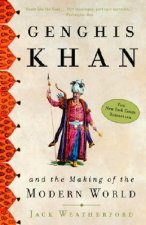
Genghis Khan
19.44 € -7 % -
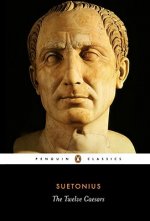
Twelve Caesars
11.27 € -28 % -

Cuneiform
10.27 € -28 % -

Slightly Out of Focus
15.10 € -20 % -
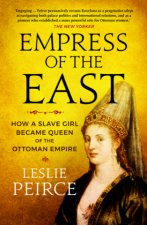
Empress of the East
13.29 € -28 % -

Secret History
11.27 € -28 % -
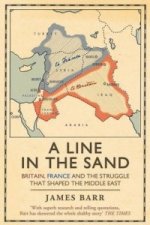
Line in the Sand
11.68 € -5 % -

Penguin Historical Atlas of Ancient Egypt
18.23 € -20 % -

God's Playground A History of Poland
67.19 € -

Estonian Textbook
29.31 € -

Road To Berlin
15.30 € -27 % -
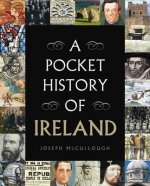
Pocket History of Ireland
7.45 € -26 % -
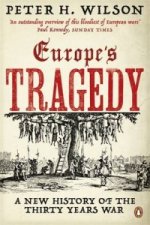
Europe's Tragedy
22.76 € -14 % -

Badges and Uniforms of the Royal Air Force
17.32 € -18 % -
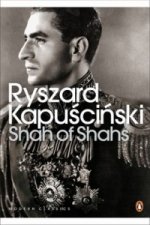
Shah of Shahs
10.27 € -28 % -
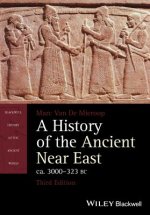
History of the Ancient Near East ca. 3000 - 323 BC 3e
55.51 € -
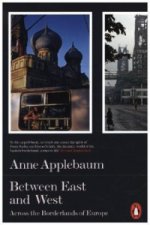
Between East and West
14.30 € -19 % -
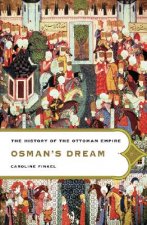
Osman's Dream
18.93 € -21 % -
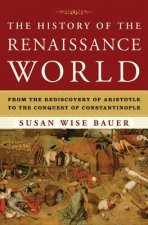
History of the Renaissance World
29.61 € -17 % -

Christ Stopped at Eboli
10.27 € -28 % -

Bury My Heart At Wounded Knee
10.87 € -23 % -

Welsh Castles
33.64 € -19 % -

Penguin Historical Atlas of Ancient Greece
20.14 € -28 % -
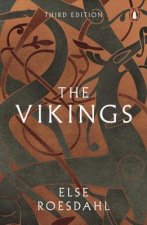
Vikings
13.19 € -15 % -

Yom Kippur War 1973
25.38 € -4 % -

Dive Bomber and Ground Attack Units of the Luftwaffe 1933-45
56.01 € -4 % -

Oxford Illustrated History of Britain
29.11 € -28 % -

History of the Vikings
18.43 € -28 % -

Christ's Samurai
15.20 € -28 % -

Hattin 1187
21.65 € -9 % -

Orhan Pamuk: Balkon
30.12 € -28 % -
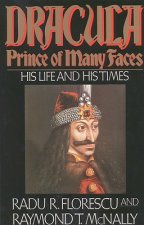
Dracula, Prince Of Many Faces
15.30 € -19 % -
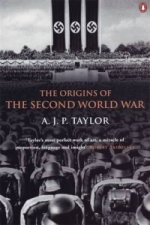
Origins of the Second World War
11.27 € -28 % -

Penguin Historical Atlas of Ancient Rome
17.32 € -18 % -
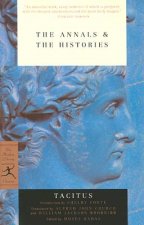
Annals & The Histories
17.72 € -19 % -

Revolutionary Russia, 1891-1991
13.29 € -28 % -
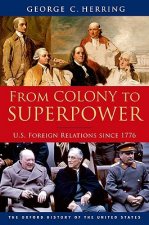
From Colony to Superpower
16.31 € -27 % -

British Isles
21.35 € -17 % -

English Castles
29.21 € -19 % -

History of Modern Libya
28.81 € -19 % -
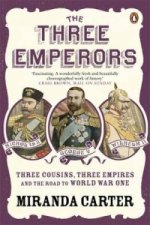
Three Emperors
13.29 € -28 % -

Sekigahara 1600
21.65 € -9 % -

Histories
10.67 € -24 % -

Studies in Pre-Ottoman Turkey and the Ottomans
61.05 € -

Earth is Weeping
15.20 € -28 % -
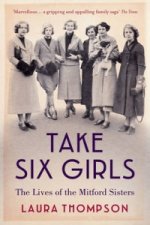
Take Six Girls
11.27 € -28 % -

Brief History of Italy
12.38 € -21 %
Collection points Bratislava a 2642 dalších
Copyright ©2008-24 najlacnejsie-knihy.sk All rights reservedPrivacyCookies


 15549 collection points
15549 collection points Delivery 2.99 €
Delivery 2.99 € 02/210 210 99 (8-15.30h)
02/210 210 99 (8-15.30h)